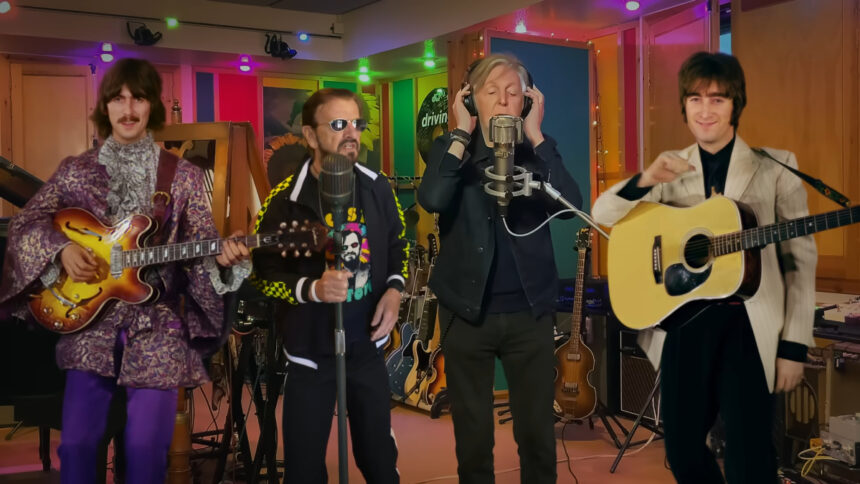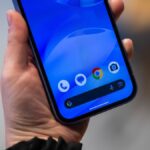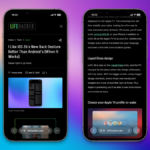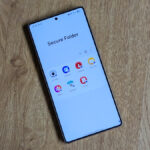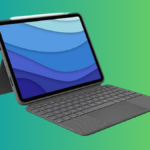Reflections on the 2025 Grammy Awards and the Emergence of AI in Music
Last night, the spotlight shone brightly on various genres during the Grammy Awards. While pop, rap, and country dominated the show, it was the Best Rock Performance category that truly captivated attention. The coveted award was presented to The Beatles for their track “Now and Then”, a statement that raises eyebrows in 2025. Given that The Beatles were primarily active in the 1960s and with only two members still alive, the idea of them winning a Grammy for new music seems rather unusual.
However, the song is indeed new—or at least it qualifies as new within the context of The Beatles’ legacy. This track was released late in 2023 and was derived from a demo recorded by John Lennon shortly before his passing. In the 1990s, the remaining three members of the band (Paul McCartney, Ringo Starr, and George Harrison) attempted to finalize the piece but were unable to due to poor audio quality. Thanks to modern advancements, however, the song you hear today became a reality.
While a fan of The Beatles, the music itself wasn’t what struck a chord initially. (It wasn’t until Sunday that it really registered.) Instead, an announcement highlighted that the song utilized AI in its production, a revelation that can invoke a mix of reactions in this tech-savvy year of 2025. The prevalence of AI-generated music is undeniable today. Although some results from these AI tools can be impressive, certain telltale signs reveal when a piece is AI-generated. The notion that The Beatles would leverage AI technology for their latest release might challenge the beliefs of many fans.
Yet, it is crucial to distinguish between AI-generation and AI-production. Although they might sound similar, these terms signify different processes. To clarify, “Now and Then” is not an AI-generated composition; there wasn’t an AI program recreating John Lennon’s voice for this award-winning track.
Not that kind of AI
AI encompasses more than just the content created artificially that we often encounter. While it may seem like AI took the world by storm with the launch of ChatGPT in late 2022, this technology has been integrated into products and services for much longer.
Referring to this technology as AI can sometimes lead to misunderstandings. A more precise term in this context would be machine learning. In its essence, machine learning denotes the capacity for a program to learn and adapt based on the data it receives—similar to the human brain. By feeding the program training data, it modifies its conclusions and outputs accordingly. Although the underlying processes are intricate, machine learning enables programs to accomplish remarkable feats.
One such achievement is the separation of audio tracks. The original “Now and Then” project was abandoned because of difficulties in mixing, stemming from the rough quality of Lennon’s initial recording. However, with the assistive power of machine learning-driven audio editing tools, producers managed to isolate Lennon’s vocals from the accompanying piano. Importantly, neither the vocals nor the piano were AI-generated; rather, this technology facilitated the separation, allowing producers and the remaining Beatles members to advance and finalize the track.
This Tweet is currently unavailable. It might be loading or has been removed.
For numerous reasons, it is a relief that this “AI Beatles song” did not conjure John Lennon back to life. Instead, it feels genuinely heartwarming to have a song initiated by Lennon decades ago, completed by his fellow Beatles, with Lennon’s son receiving the award on their behalf.
In contrast, the accompanying music video takes a slightly bolder approach, merging historical footage of the late Beatles members John Lennon and George Harrison with recent clips of McCartney and Starr. This video, produced by Peter Jackson—who was also behind “Now and Then” and the 2021 documentary Get Back—leans more towards the surreal rather than a representation of reality, distinguishing it from many AI-generated creations that can often blur these lines.


